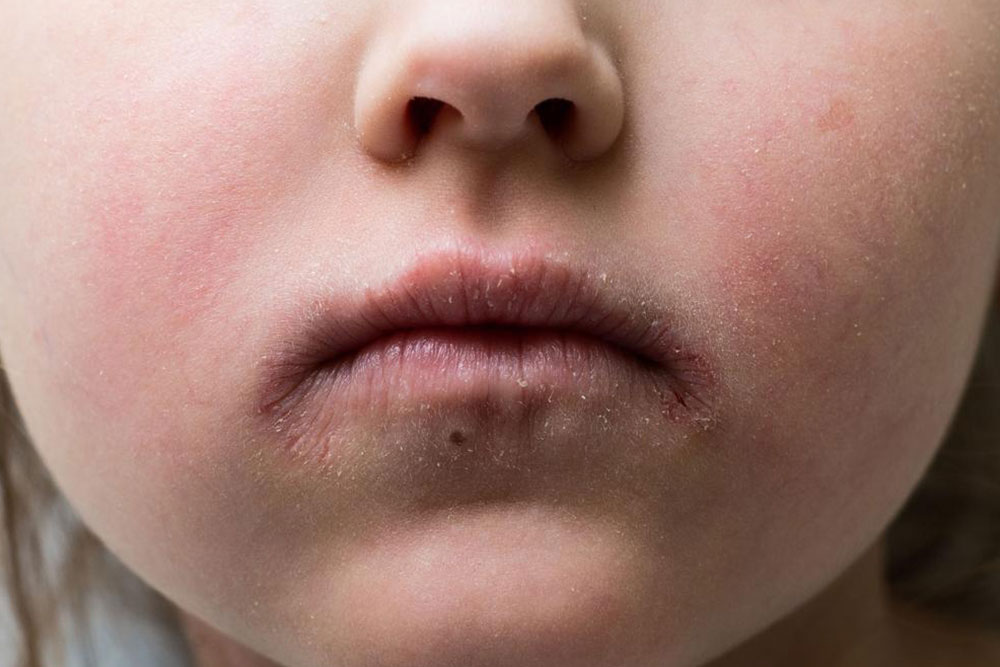Understanding the causes of impetigo in children and adults
A contagious skin infection, impetigo is caused by staphylococcus and streptococcus bacteria. It is more prevalent among children aged 2 to 5, however, even adults can contract it. This condition is characterized by red blisters containing yellow fluids. Usually, these sores ooze and eventually turn into a crusty brown layer. Typically, impetigo can occur on the face (mouth and nose), hands, diaper area, neck, etc.
Causes of impetigo in children
Impetigo contagiosa and bullous impetigo are two types of impetigo affecting children.

- Direct contact with a person who is dealing with impetigo.
- Touching or using the things of an individual who has contracted impetigo such as towels, toys, clothes, etc.
- An injury to the skin can often be a gateway for bacteria causing impetigo. They can easily be introduced into the body via minor cuts or scrapes.
- Insect or animal bites can result in an impetigo infection too.
How do adults contract impetigo?
Although it’s rare, apart from young kids, older children or adults too can get infected by impetigo. The following factors can be responsible for the onset of impetigo in grown-ups
- Lack of hygiene
- Diabetes
- Weak immunity
- Being exposed in crowded places such as schools, public transports, etc.
- Humid climatic conditions
How to deal with impetigo?
If you sense that you or your child is suffering from impetigo, then you should immediately seek the counsel of a dermatologist or a pediatrician. In cases when you are unable to reach out to the doctor instantly, you can check impetigo photos online. The use of impetigo photos for analysis will be especially practical if you are traveling in places without proper healthcare infrastructure. But, even if you self-diagnose, it is advised that you refrain from taking any medications without a prescription. One solution to this can be sending impetigo photos to your doctor via phone or mail. They can confirm the severity of the situation and offer you with the best treatment options.
The medical treatment for impetigo usually involves the use of topical creams and oral antibiotics such as syrups or pills. Depending on the intensity of the breakout your doctor will recommend you with medicines as well as hygiene management tips.
If your condition hasn’t improved for weeks, then it could be a more serious form of impetigo, i.e., ecthyma in which the bacteria penetrate the skin on a deeper level. This type of impetigo mostly occurs on the legs. Elderly individuals or people with a fragile immunity are more vulnerable to ecthyma. So, ensure to keep a tab on the eruptions on your body.



